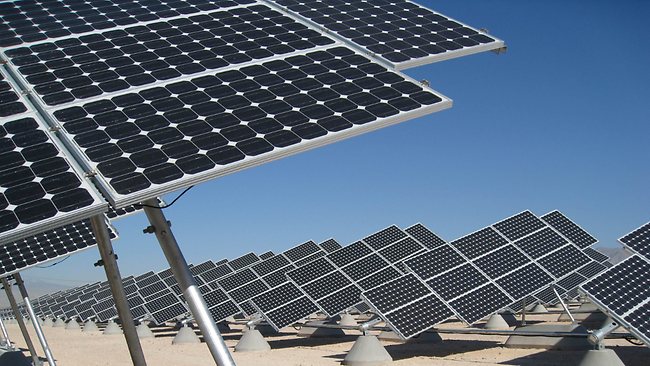JOHANNESBURG: Weaker countries that fear being overwhelmed in a huge African free trade area will benefit from it in the long term, a development expert said Sunday as leaders of 26 governments met to try to accelerate the creation of the zone.
In the short term, "you have to acknowledge the fact that within an FTA there are winners and losers," Kennedy Mbekeani, an African Development Bank official, said in an interview. But he said as the zone helps boost the region’s economies, smaller members will benefit and find and develop sectors where they have competitive advantage.
"They should not be defensive, they should go in with an open mind," said Mbekeani, recently appointed by his bank to help find ways to support the zone that stretches from Egypt down to South Africa and from Angola across to Madagascar. The bank would like to see a continentwide free trade zone, and sees the south and east bloc as an important step in that direction.
In the early days, Mbekeani said, some countries will want to establish tariff and other barriers. He said barriers should be temporary, and while they are in place, countries should be strengthening their economies.
In a speech to the summit Sunday, the leader of Swaziland, King Mswati III, expressed some of the misgivings of countries like his, with among the smallest populations and weakest economies in the zone. Mswati called for negotiations to proceed cautiously.
"We should not compete, but complement one another so that we can all share in its success," the king said.
Host South Africa is the continent’s economic powerhouse, but has high levels of unemployment and poverty. President Jacob Zuma, in his address to the summit, said the zone will help neighbors work together to alleviate poverty and build industrial capacity.
"There is no single country that can prosper on its own," Zuma said.
The zone brings together members of the Southern African Development Community, the Common Market for Eastern and Southern Africa and the East African Community. Officials envision members lobbying together for aid and investment, presenting coherent and integrated plans. Plans for the zone include joint projects to improve roads and rail networks and power supply.
Rob Davies, South Africa’s trade minister, said the three trade blocs behind the free trade agreement have a combined population of 533 million, or 57 percent of the combined population of African Union member states, and a combined GDP of $833 billion, or 58 percent of the continent’s GDP.
"Given the fact that many African countries are too small to grow an internal market themselves, … enlarging a regional market of a reasonably sizable proportion is a very, very important step forward," Davies said.
Foreign companies also will see opportunity in a larger market — EU and British observers attended Sunday’s summit.
Multinationals can send their goods duty free across African borders if they set up factories — creating jobs for Africans — within the zone. Mbekeani says the rules, yet to be worked out, should allow non-African companies to set up a factory in the zone to assemble products that might rely on inputs from elsewhere.
Mbekeani said it is hard to predict when the zone might resemble the European Union, with its single central bank and a currency used across borders. He pointed out that the EU has been a work in progress since the 1950s, and still encounters problems. One lesson Africa can learn from Europe, he said, is "not to move too fast."
On the sidelines of the summit, members of the Southern African Development Community, or SADC, have been holding talks on crises affecting two of its members, Madagascar and Zimbabwe. Those talks were expected to continue later Sunday.
SADC is trying to restore democracy in Madagascar, where a military-backed coup leader has held power since 2009.
In Zimbabwe, President Robert Mugabe’s supporters are calling for polls before the year ends to replace a shaky coalition with Prime Minister Morgan Tsvangirai’s party formed after violent and inconclusive elections in 2008. Mugabe has been accused of using violence and election fraud to hold onto power and independent groups have said the possibility of a vote has led to new attacks on Mugabe’s opponents.


